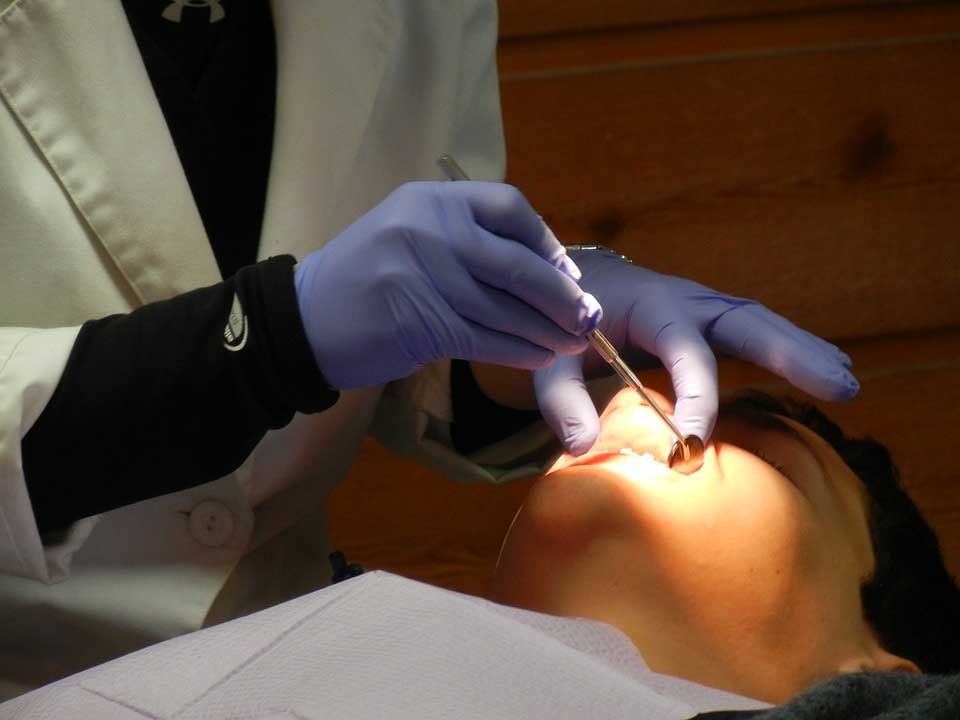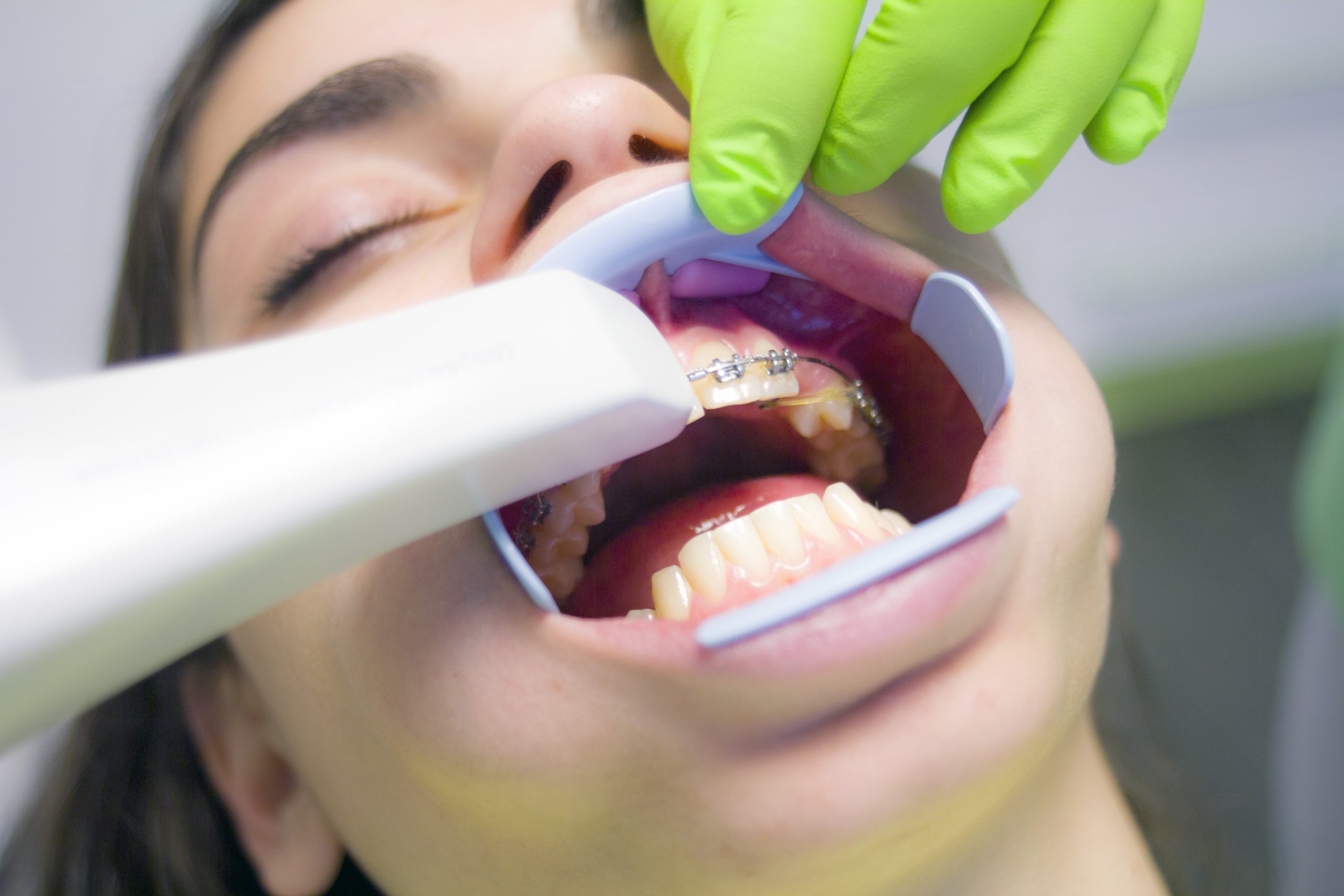Dental Sealants: What They Are and How They Protect Your Teeth
In the journey towards achieving optimal oral health, dental sealants emerge as a silent guardian. They offer a protective shield for our teeth, particularly for children and teenagers who might not always be as diligent with their dental hygiene. Let’s dive deep into what dental sealants are, how they work, and why investing in them could be one of the best decisions you make for your dental health.
The Basics of Dental Sealants
Dental sealants are a thin, protective coating that is painted on the chewing surfaces of teeth, primarily the back molars. These areas are naturally more susceptible to decay due to their grooves and fissures, which can trap food particles and bacterial plaque. The sealant acts as a barrier, helping to prevent cavities.
The application process of dental sealants is quite straightforward and painless. A dentist or dental hygienist will clean the tooth, apply an acidic gel to roughen the surface, and then rinse it off before applying the liquid sealant. Once applied, it’s hardened with a blue light, creating a sturdy shield that can last for several years.
While primarily used for children and teenagers, adults can also benefit from sealants if their teeth have no fillings or decay. It’s a preventative measure that complements good oral hygiene practices like brushing, flossing, and regular dental cleanings.
How Sealants Protect Your Teeth
The primary function of dental sealants is prevention. By forming a barrier over the enamel, they restrict bacteria and bits of food from settling and causing tooth decay. Sealants are particularly effective on the molars and premolars—surfaces where toothbrush bristles might not completely reach.
Research has consistently shown that sealants can reduce the risk of decay in molars by nearly 80%. This is significant, given that most tooth decay in children and teenagers occurs in these back teeth. Sealants not only save money in potential dental costs but also save teeth from invasive procedures down the line.
For instance, avoiding decay with a sealant can prevent more serious issues that might require complex dental work, such as having to save your tooth with root canal therapy. By investing early in preventive care with sealants, you’re playing a proactive role in safeguarding oral health.
Who Should Consider Getting Dental Sealants?
Dental sealants are commonly recommended for children and teenagers since cavities can develop early in life. Kids around the ages of 6 to 14 are most susceptible to cavities, and applying sealants as soon as the first permanent molars come through can provide substantial protection.
However, adults without decay or fillings in their molars can also benefit from sealants. It’s a protective measure that offers peace of mind, especially if one’s oral hygiene habits aren’t always perfect, or if the risk factors for decay are elevated due to dietary habits or genetic predisposition.
For families seeking to protect their children’s teeth, it’s wise to discuss sealants during regular dental visits. Finding the best dental services in London can make a significant difference in maintaining a healthy smile through expert implementation of preventive treatments like sealants.
The Financial Aspect of Dental Sealants
Considering the cost of future dental repairs that result from cavities, sealants are a financially sound investment. Many insurance plans cover sealants, especially for children, as part of preventive treatment. Checking with your provider can clarify coverage options.
Moreover, the cost-effectiveness of sealants extends beyond financial aspects. The time, discomfort, and emotional stress saved by avoiding cavities and subsequent treatments like fillings or extractions are invaluable.
Accessing affordable preventive care, including regular professional cleanings and checkups, combined with sealants, forms a robust line of defense against decay, emphasizing the importance of proactive oral health management.
Caring for Sealants
Once a sealant is applied, it begins an important task of protection, but how do you ensure it lasts? Maintaining sealants is straightforward. Regular dental visits are crucial to check their condition and make necessary repairs or reapplications.
Even with sealants, maintaining good oral hygiene practices is essential. Brushing twice a day with fluoride toothpaste and flossing daily keep the areas around the sealant clean, while regular checkups allow dentists to monitor both the health of the teeth and the integrity of the sealant.
Sealants typically last several years before needing replacement. During dental exams, your dentist will monitor the state of the sealants and replace them as needed, keeping your teeth shielded and preventing future dental concerns.
Understanding Dental Sealants’ Limitations
While dental sealants are highly effective, they are not a substitute for good oral hygiene. They protect specific areas of the teeth but do not replace the need for brushing and flossing. The combination of sealants and regular oral care routines is necessary for comprehensive dental health.
Sealants are also specific to preventing the development of cavities on the chewing surfaces and might not protect against decay between teeth or from poor oral hygiene practices. Thus, they complement other dental health practices, working as one component of a broader oral health strategy.
Educating yourself and your family about the role of sealants, as a supplement to ongoing dental care, ensures everyone understands their importance as part of a holistic approach to dental health management.
Why You Should Choose Dental Sealants for Optimal Oral Health
In conclusion, dental sealants act as a critical component in preventive dental care, significantly reducing the risk of cavities and associated treatments. They offer a practical, non-invasive way to protect vulnerable teeth from decay.
Combining sealants with regular dental visits and good oral hygiene practices, such as brushing, flossing, and diet management, enhances overall oral health. Consulting your dentist to understand the benefits and process further can help in making informed decisions regarding sealants.
Ensuring access to quality dental care services, like those offered by top professionals, is essential in maintaining a bright, healthy smile. For more information on how sealants can benefit your dental health, contact us at save your tooth with root canal therapy and explore preventive care options available today!















